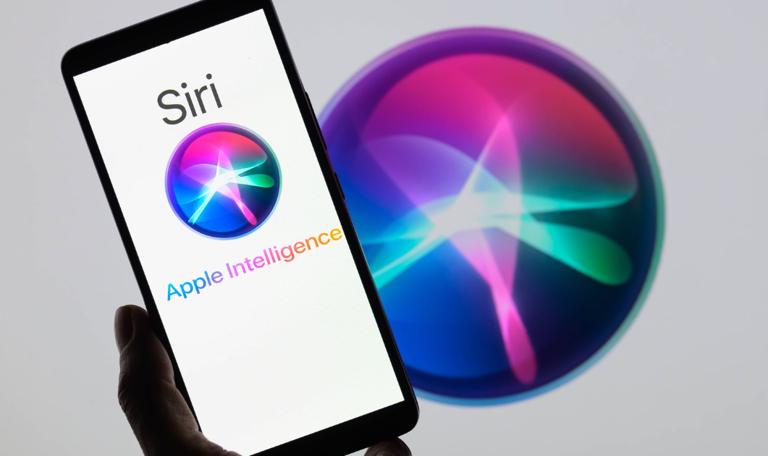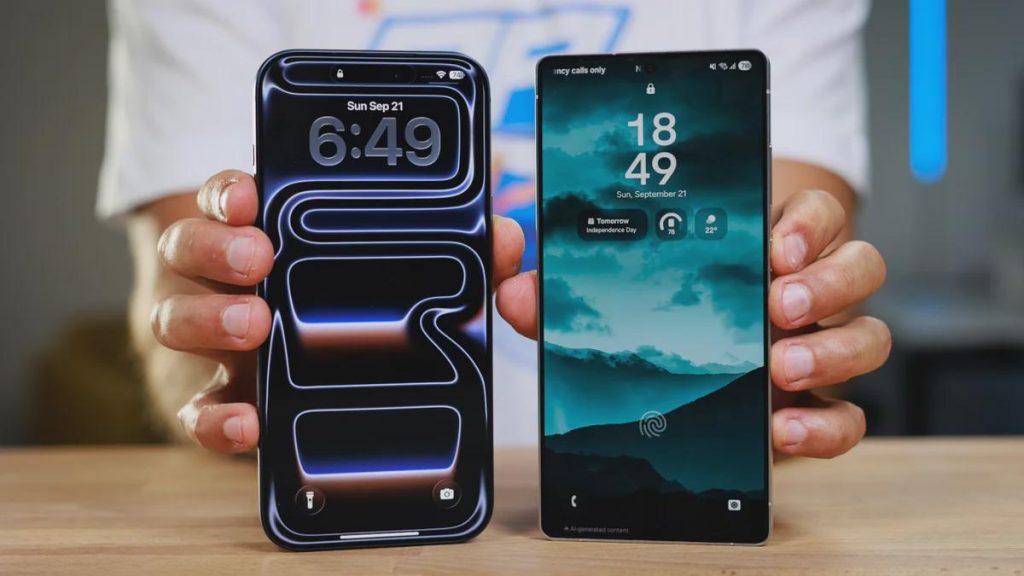What if your phone could anticipate your needs before you even asked? That’s the bold promise of Magic Cue, a new AI feature quietly developed by Google. Recently uncovered by Android Authority, it could debut as early as next month with the launch of the Pixel 10, whose leaked designs have already surfaced on the Play Store. A proactive leap forward in the ever-accelerating race for AI innovation.

Find the perfect plan for your needs and budget on PlanHub.ca!
An AI that reads between the lines on your screen
Magic Cue acts like a true digital detective. Unlike traditional assistants, it continuously analyzes what is displayed on your screen, whether it’s open apps, conversations, documents, or even a YouTube video. By combining this information with your local data from Gmail, Chrome, or Google Docs, the AI can anticipate your needs and take action without being prompted. For example, if a friend asks you for a flight number, Magic Cue can automatically retrieve it from your booking confirmation.
Local processing: privacy as a bonus
One of the key strengths of this technology is that it runs entirely on the device. No sensitive data is sent to Google servers because all processing happens locally. According to the code found in the Canary version of Android, users would see a discreet alert titled “Get helpful suggestions.” A long press on this notification would open the settings, allowing for precise control over the AI’s suggestions.
Toward truly intuitive smartphones
This initiative is part of a broader strategy to make the user experience more seamless. Magic Cue has clear similarities with Pixel Sense, another feature Google has been testing in recent months. The aim is to turn the smartphone into a companion that anticipates your needs based on context. It could suggest a reservation when you’re reading a restaurant review, offer a reminder while you’re viewing an email with a deadline, or automatically collect documents related to a work project.
Everything suggests that Magic Cue may become one of the key features of the upcoming Pixel 10, expected to launch in less than three weeks. Its native integration into Android would represent a major step toward truly predictive interfaces. The main challenge will be how Google manages to balance innovation with privacy, a crucial issue for convincing users to embrace this invisible yet ever-present form of assistance.






